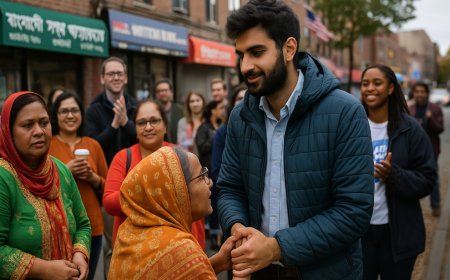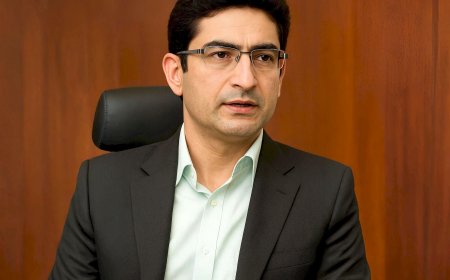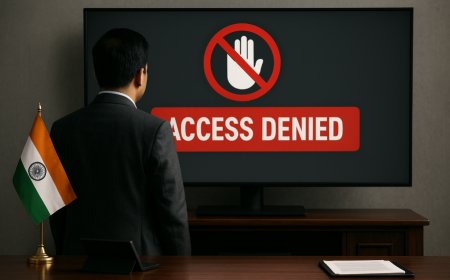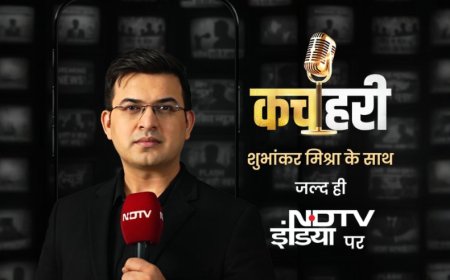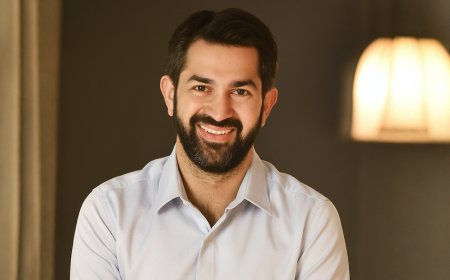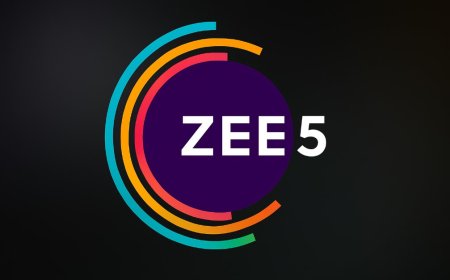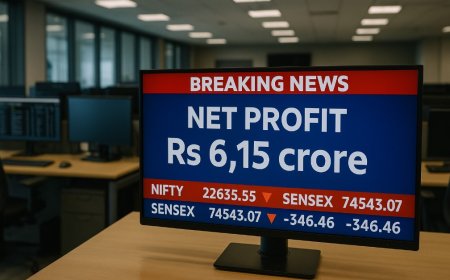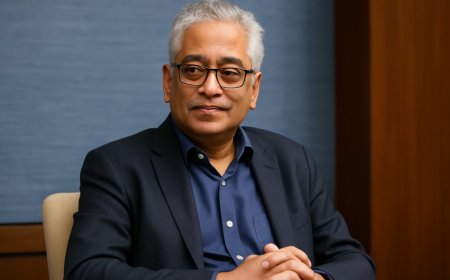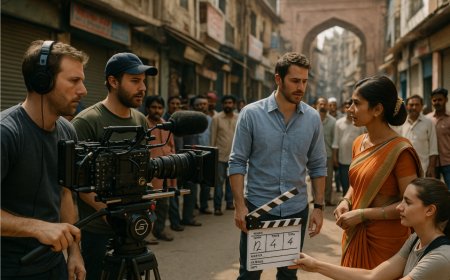The Press Club of India Demands Unconditional Release of Journalist Bahubali Shah
The Press Club of India has strongly demanded the immediate and unconditional release of Bahubali Shah, a senior journalist from Gujarat Samachar. The arrest has raised serious concerns over press freedom in India.

Introduction
India’s vibrant democracy has long been supported by a fiercely independent press. But recent events have raised alarming questions about the country’s commitment to freedom of expression. The arrest of Bahubali Shah, a respected journalist associated with Gujarat Samachar, has triggered widespread condemnation. Now, the Press Club of India (PCI) has issued a public appeal for his immediate release, describing the incident as an attack on the very foundation of press liberty.
This incident has quickly become a flashpoint in the national debate over media independence, with multiple media bodies, legal experts, and human rights organizations voicing their concerns. Here’s a deep dive into what happened, the implications, and the broader context.
Who is Bahubali Shah?
Bahubali Shah is a senior journalist affiliated with Gujarat Samachar, one of the state’s most prominent and widely circulated newspapers. Known for his sharp investigative pieces and bold editorials, Shah has spent over two decades reporting on issues ranging from political corruption to civic governance.
His journalistic approach has often brought him into conflict with powerful political and business interests. Over the years, Shah has built a reputation for refusing to yield to pressure, even when it meant putting himself at personal risk. His sudden arrest has therefore stunned the journalistic fraternity.
The Circumstances of His Arrest
According to multiple reports, Bahubali Shah was taken into custody without prior notice. The reasons for the arrest remain murky, with officials providing vague references to alleged violations related to reporting sensitive political information.
Supporters argue that no specific charges have been disclosed and that the journalist was not given adequate legal representation during the early hours of his detention. The lack of transparency surrounding the arrest has drawn strong criticism from national and international journalism advocacy groups.
Press Club of India Steps In
The Press Club of India, one of the nation’s foremost journalist bodies, reacted swiftly to Shah's detention. In a strongly worded statement, the PCI condemned the arrest as "arbitrary" and "a blatant misuse of state power to intimidate journalists."
The club’s president stated, “We view the detention of Bahubali Shah as a deliberate attempt to muzzle dissent and silence a voice that speaks truth to power. This is not just an attack on an individual but on the entire institution of the free press.”
The PCI’s statement further urged the government to ensure the protection of journalists and prevent such acts from setting a dangerous precedent.
Wider Reactions Across the Media Landscape
The PCI is not alone in its outrage. Numerous journalist unions, editor guilds, and freelance reporters have rallied in support of Shah. Hashtags like #FreeBahubaliShah and #PressFreedomIndia have been trending on social media platforms, reflecting a rising tide of frustration among media professionals.
The Editors Guild of India called the arrest a “direct threat to the democratic values enshrined in the Constitution.” International organizations such as Reporters Without Borders and the Committee to Protect Journalists have also expressed concern and urged Indian authorities to uphold press freedoms.
Legal and Constitutional Implications
India’s Constitution guarantees freedom of speech and expression under Article 19(1)(a). However, repeated incidents like Shah’s arrest have sparked discussions about the narrowing space for independent journalism in the country.
Legal experts argue that detaining a journalist without presenting solid charges or a due legal process is a violation of not just constitutional rights but also international human rights standards. If such incidents continue unchecked, it could lead to a chilling effect, where reporters avoid pursuing important but controversial stories.
The Role of Regional Media
Bahubali Shah’s case also highlights the vulnerability of regional and vernacular media. While national outlets often receive some form of protection due to their visibility, journalists working in smaller cities or with regional language newspapers can become easier targets.
These journalists are often the first to report grassroots issues—land disputes, local corruption, political intimidation—and, as such, become inconvenient for those in power. Shah's arrest should serve as a wake-up call to address the protection of all journalists, regardless of the language or platform they use.
A Call to Action for Civil Society
The PCI’s call for Shah’s release is not just an institutional response but also a larger call to action for all who value democracy and free speech. Civil society, legal advocates, and citizens must come together to ensure such incidents do not become normalized.
Peaceful protests, legal support networks for journalists, and open dialogues between media and governance institutions are urgently needed. Strengthening media ethics is important—but so is ensuring that ethical journalism is not punished for being fearless.
Conclusion
The detention of Bahubali Shah is not an isolated event—it is part of a concerning pattern that threatens the very pillars of a free and democratic society. The Press Club of India’s timely and assertive response highlights the importance of solidarity in journalism.
What's Your Reaction?
 Like
0
Like
0
 Dislike
0
Dislike
0
 Love
0
Love
0
 Funny
0
Funny
0
 Angry
0
Angry
0
 Sad
0
Sad
0
 Wow
0
Wow
0



